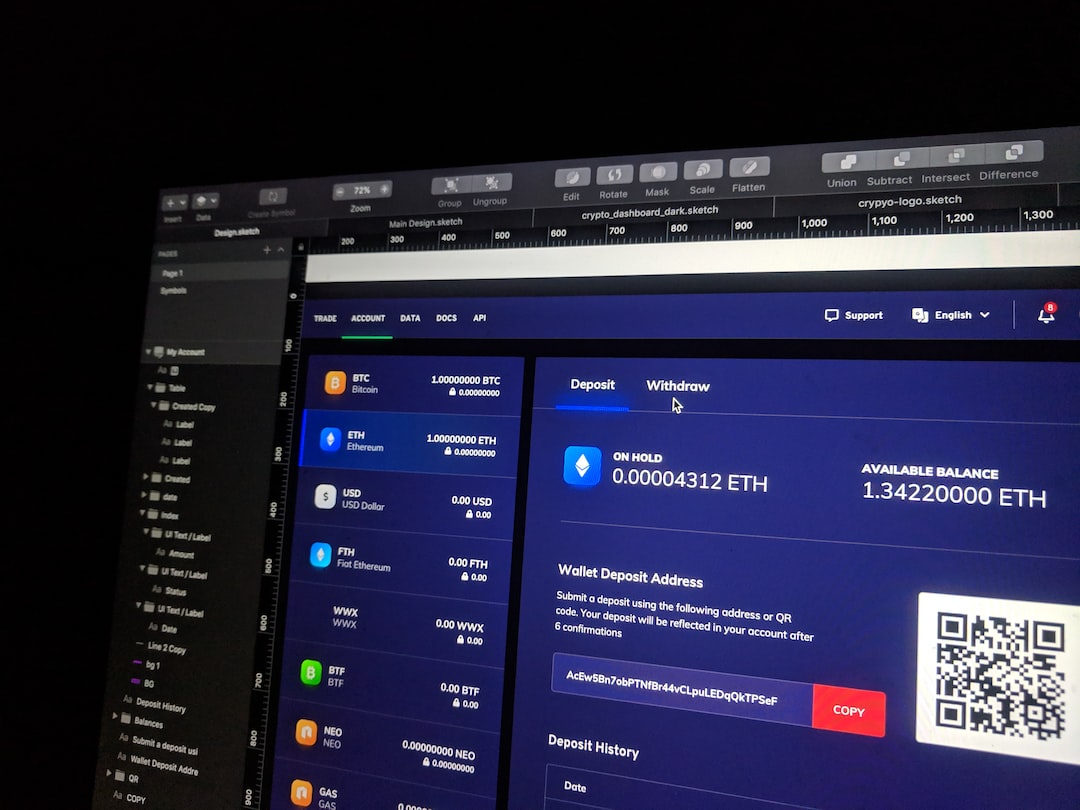Lisk’s Delegated Proof of Stake (DPoS) System: Advantages and Challenges
If you’re interested in cryptocurrency, you’ve probably heard of Lisk, a platform that aims to make it easier for developers to build and deploy their own blockchain applications. One of the key features of Lisk is its Delegated Proof of Stake (DPoS) system, which offers several advantages over other consensus algorithms. In this article, we’ll take a closer look at DPoS, its benefits, and the challenges it faces.
What is Delegated Proof of Stake?
Delegated Proof of Stake is a consensus algorithm used by some blockchain networks to achieve distributed consensus. In a DPoS system, token holders vote for a limited number of delegates who are responsible for validating transactions and creating new blocks. These delegates are typically chosen based on their technical expertise, reliability, and commitment to the network.
Unlike traditional Proof of Work (PoW) systems, where miners compete to solve complex mathematical puzzles in order to add new blocks to the blockchain, DPoS relies on a smaller group of delegates to perform these tasks. This results in faster transaction speeds and lower energy consumption.
The Advantages of DPoS
There are several advantages to using a DPoS system. One of the most significant benefits is its scalability. Because DPoS does not require every node in the network to validate transactions and create new blocks, it can process a larger number of transactions per second than PoW or other consensus algorithms.
- Faster Transactions: With fewer nodes involved in the validation process, DPoS can achieve faster transaction speeds compared to PoW or PoS systems.
- Lower Energy Consumption: Since DPoS does not rely on mining, it consumes significantly less energy than PoW-based cryptocurrencies like Bitcoin.
- Democratic Governance: In a DPoS system, token holders have the power to vote for delegates, giving them a say in the governance of the network.
The Challenges of DPoS
While DPoS offers several advantages, it also faces some challenges. One common criticism of DPoS is that it can lead to centralization if a small number of delegates control the majority of the network’s voting power. This could potentially undermine the decentralized nature of blockchain networks.
Another challenge is voter apathy. In many DPoS systems, only a small percentage of token holders actually participate in delegate voting. This can result in a lack of diversity among delegates and limit the representation of different stakeholders in the network.
How Lisk Implements DPoS
Lisk’s implementation of DPoS aims to address some of these challenges by introducing features such as dynamic delegate slots and transparent forging. Dynamic delegate slots allow more delegates to participate in block production, increasing decentralization and reducing the risk of centralization.
Transparent forging ensures that all nodes have an equal chance to create new blocks, preventing any single delegate from gaining an unfair advantage. These features help promote fairness and inclusivity within the Lisk network.
The Future of DPoS
The future of DPoS looks promising as more blockchain projects adopt this consensus algorithm. However, addressing the challenges associated with centralization and voter apathy will be crucial for ensuring the long-term success and sustainability of DPoS-based networks.
If you’re interested in getting involved in a DPoS system like Lisk, consider participating in delegate voting and staying informed about governance proposals. By actively engaging with the network, you can help shape its future direction and contribute to its overall success.
Frequently Asked Questions (FAQs)
What is the role of delegates in a DPoS system?
In a DPoS system, delegates are responsible for validating transactions and creating new blocks on the blockchain. They are elected by token holders through a voting process and are expected to act in the best interests of the network.
How can I participate in delegate voting?
To participate in delegate voting on a platform like Lisk, you will need to hold tokens that entitle you to vote. Once you have tokens, you can use your voting power to support delegates who align with your values and vision for the network.
What measures can be taken to prevent centralization in a DPoS system?
To prevent centralization in a DPoS system, it’s important for token holders to diversify their votes among multiple delegates rather than concentrating their support on a few candidates. Additionally, implementing mechanisms such as dynamic delegate slots can help increase decentralization within the network.
If you have any other questions about Lisk’s Delegated Proof of Stake (DPoS) system or cryptocurrency in general, feel free to reach out to our community or seek guidance from reputable sources within the industry!





 By
By
 By
By
 By
By
 By
By
 By
By
 By
By